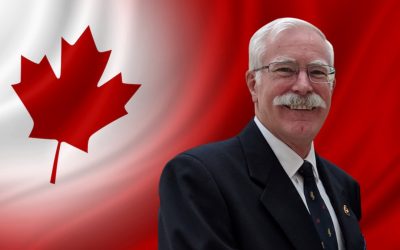Canada’s wealth-sharing program is so out of whack that Ontario residents are helping to fund better government services in so-called poor provinces than they enjoy at home, says a new study.
Equalization, under which Ottawa transfers federal tax dollars to “have-not” provinces, has become a “cheque-writing machine” with no way of accounting for fairness or effectiveness, said David MacKinnon of the Frontier Centre for Public Policy.
The centre, an independent western Canadian think tank, today released a study of the 53-year-old program, which this year will see $14.2 billion in federal taxpayers’ money transferred to poorer provinces.
In the current 2009-10 fiscal year, recipient provinces include Quebec, Manitoba, New Brunswick, Nova Scotia and Prince Edward Island. Ontario will also receive a small amount as a “have-not” province this year. But for purposes of this study, it is considered a “have” province because Ontario’s federal taxpayers have traditionally supplied the lion’s share of cash for equalization.
The centre says that, in many important areas, the levels of government service in the traditional “have” provinces like Ontario (also Alberta and British Columbia) are “significantly below” those enjoyed by the residents of most of the so-called poor provinces that receive equalization payments from Ottawa.
Compared to the “have” provinces, the poorer provinces that receive equalization money benefit from substantially more doctors and nurses per capita, lower university tuitions, more readily available daycare spaces and lower student-per-teacher ratios, according to the study.
The authors, Ben Eisen and Mark Milke, say the original intent of equalization—to ensure that poorer provinces could offer public services that are ”reasonably comparable” to those available in better-off provinces—has been distorted.
“The real have-nots in Confederation are those provinces that have, through their federal tax dollars, historically contributed massive amounts to equalization,” they write. “British Columbia, Alberta and Ontario now find their benefits from taxation are demonstrably fewer than those available in the provinces to which they have contributed so much, the so-called have-nots.”
The centre says Ottawa has never measured the specific impact of equalization in different provinces and should ask for the existing data so an analysis can be done. In the meantime, equalization spending should be frozen at its current level, the authors recommend.

